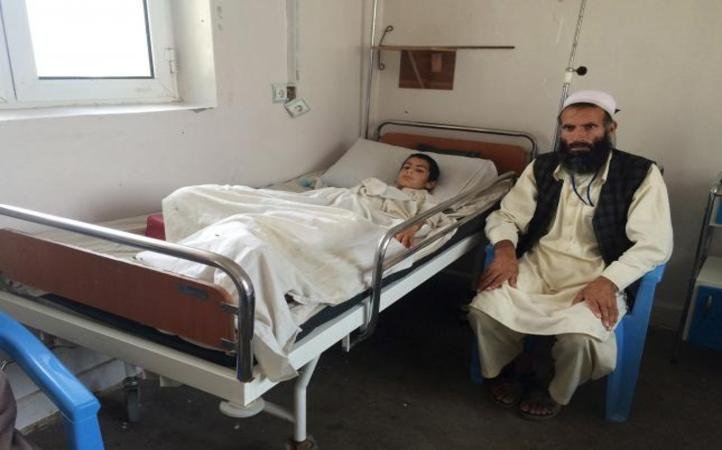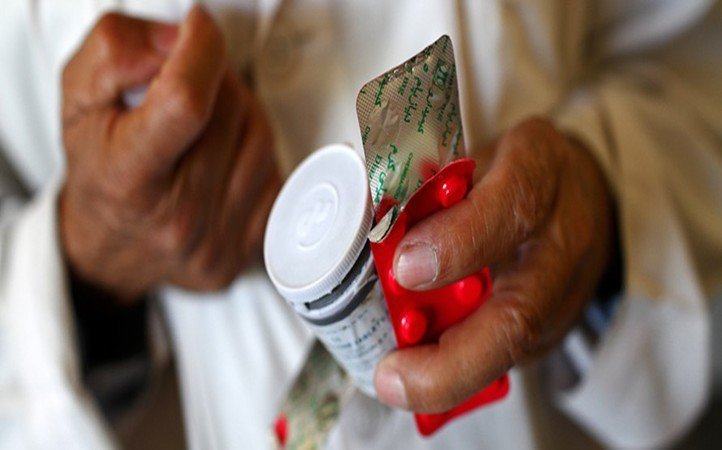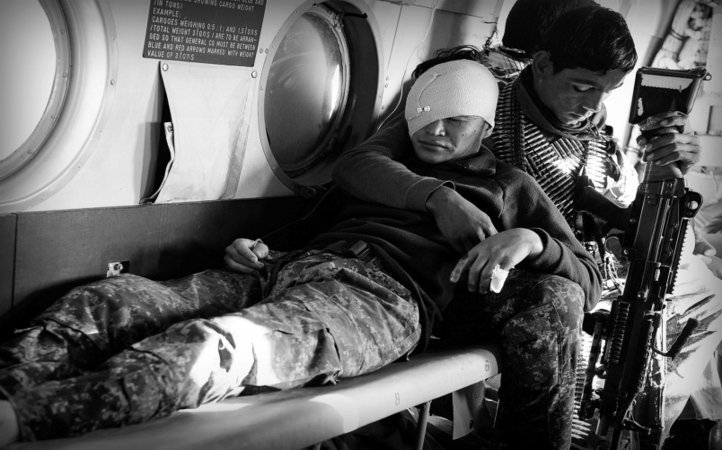A clinic in Afghanistan’s Kunduz has been dealing with the inflow of injured patients as a result of the ongoing conflict between the Taliban and Afghan security forces. But a new challenge has recently surfaced in the clinic which only threatens to add to its problems which already include a high number of patients and lack of space.

A new bacteria which resists drugs given for treatment has been infecting patients in the clinic and doctors are deeply worried. A teenager whose leg had to be amputated because of a mortar blast in his backyard was being kept in an isolation ward as doctors tried to ascertain the reason for the prescribed drug not working.
Upon conducting tests they found out that the boy was infected with a drug resistant bacteria and finally had to use another drug to treat the boy. His father thought that he would lose his son or else the boy might lose the other leg as well. The teenager, Muhammad Zemairy, has already been hospitalised for 40 days.
Lack of resources
Doctors in the region do not have comparative data to ascertain the extent of the problem. The clinic will be upgrading their laboratory in order to test the blood of patients to know what is causing the infection and what drug can be used. As of now only pus from open wounds can be tested at the clinic. The problem which has hit an already war torn Afghanistan might be spreading at a quicker pace.
Low quality drugs
In provinces affected by the fighting, patients with respiratory issues and diarrhea are not getting better. Studies have showed a rise in resistance to commonly used antibiotics among people admitted in hospitals. The reason for this might be self medication by people and over-prescription which is a result of people putting pressure on doctors to prescribe drugs. Patients not finishing their courses is also something that is seen as a cause for the growing drug resistance trouble.

The inflow of illegal drugs from porous borders with Pakistan and Iran is also contributing to the mess as it is creating a glut of ineffective drugs in the market. 60% of the medication in Afghanistan enters the country by illegal channels and while some might be fine, most are ineffective. This confusion about the efficiency of such drugs is leading doctors to over-correct for presumed low quality.
Multiple challenges ahead
For hospital staff in regions like Kunduz, trying to rectify the fatal bacteria at a time when the conflict is escalating, is a challenging task. The attempts to achieve this goal include flying in expensive medicines from miles away. The clinic only prescribes drugs from its own stock instead of getting medicines from the market. Finding space for isolating infected patients when wards are already treating twice the number of casualties as last year, is another test.

While the staff feel the bacteria is spread among patients with weak immune systems, the bug might also be coming from within the community as many with open wounds are already infected when they are brought in.

















